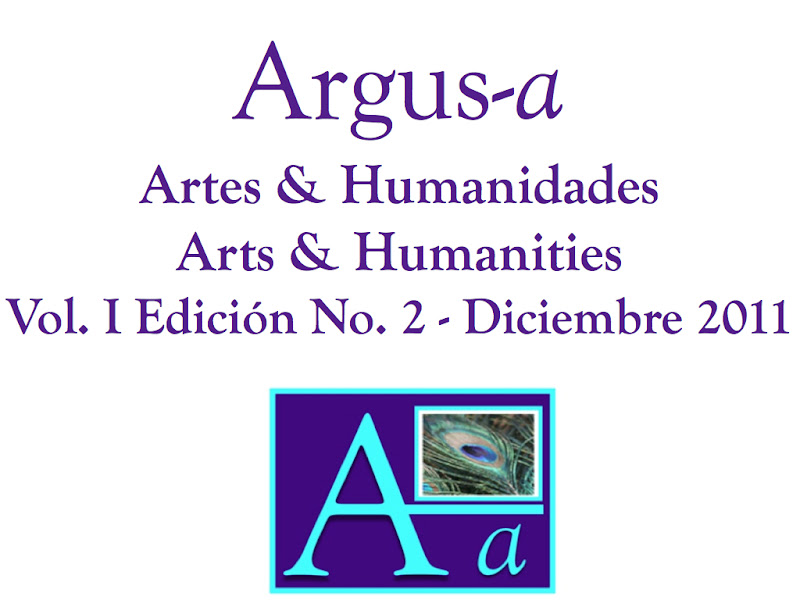 Ilustración: Lucia Urrea.
Ilustración: Lucia Urrea.
Lacan produjo las fórmulas de cuatro discursos (del Amo, de la Universidad, de la Histérica y del Analista) que, en este trabajo, se exploran en relación a las dramaturgias (de autor, de director, la creación colectiva y la de actor). El propósito es investigar, a partir de esos discursos, problemas puntuales de la praxis teatral, esto es, cuestiones que surgen a partir de la práctica de los teatristas y que no han sido tratadas sistemáticamente. Los cuatro discursos lacanianos, por su ajustada formulación algebraica, permiten distinguir puntualmente aspectos dramatúrgicos y teatrales y promueven nuevas cuestiones a tener en cuenta durante el proceso de ensayos y puesta en escena de un espectáculo. Sin duda, los cuatro discursos nos permiten diferenciar teóricamente, por ejemplo, la creación colectiva clásica del teatro de la intensidad, abriendo además el amplio espectro de cuestiones ligadas a la ideología, la aproximación al texto, el estatus de la verdad y la dimensión del saber en el teatro.
Abstract
Lacan produced formulas for his four discourses, namely, the discourse of the Master, of the University, of the Hysterical, and of the Analyst. In this essay, these discourses are explored in relation to the dramaturgies (of the author, of the director, collective creation, and of the actor). The purpose in dealing with theses discourses is to investigate specific problems of theatrical praxis, that is, issues that arise from the practice of those who work in the theater and which have not been addressed systematically. The four Lacanian discourses, with their algebraic formulation, allow us to distinguish dramaturgical and theatrical aspects; they also promote new issues to consider during the process of rehearsing and staging a show. Undoubtedly, the four discourses theoretically allow us to accurately differentiate, for example, classical collective creation from the theater of intensity; these discourses also open a broad spectrum of issues related to ideology, the approach to the text, the status of truth, and the dimension of knowledge in the theater.
© Gustavo Geirola



